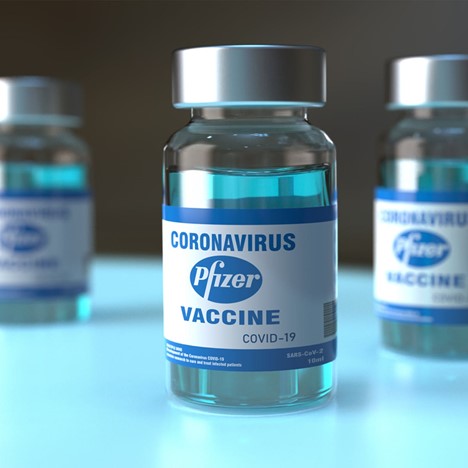Recently, the Pfizer© vaccine for COVID-19 has come under scrutiny for components in their vaccine which could lead to severe reactions by recipients of the vaccine and therefore could lead to anaphylaxis. Allergies to these components, especially polyethylene glycol (PEG), were not studied during the development and trials for this drug nor for the Moderna© vaccine. In fact, people with a history of allergies were excluded from either trial. Therefore, the full understanding of how the vaccines can impact these people are not well understood.
However, people are being warned if they have severe allergies to food or other than to avoid the vaccines but the CDC guidance appears to suggest that these people can still take the vaccines even in these situations and be fine. Only those with allergies to PEG or vaccines are suggested not to get the vaccine. The mixed guidance on this issue is causing more fear and worry amongst people who already worry about taking the vaccine. Given that there also presently is not reliable data to understand this issue, it appears this could only now be ascertained over time amongst those receiving the vaccine in the general population. However, there are risks with ascertaining safety data ongoing like this.
More people can receive a vaccine and have strong allergic reactions, even without a history of allergies. Anaphylaxis requires immediate attention as they can be life-threatening reactions. Two healthcare workers in Alaska who received the vaccine and did not have a history of allergies even ended up hospitalized and the one who had anaphylaxis still remains so as of today. Given these variable situations, how will one know if the vaccine is safe to get?
NIAID plans to start their own study to probe how and why these allergic reactions are occurring and potentially how to prevent them. This would be ongoing though while the vaccine is still being distributed amongst essential workers. Given the emergency use authorization releasing these vaccines early for use before full completion of their Phase III trials, safety is of utmost importance.
Written by Usha Govindarajulu
December 23, 2020
https://images.theconversation.com/files/374161/original/file-20201210-13-1br3gai.jpg?ixlib=rb-1.1.0&q=45&auto=format&w=1200&h=1200.0&fit=crop
